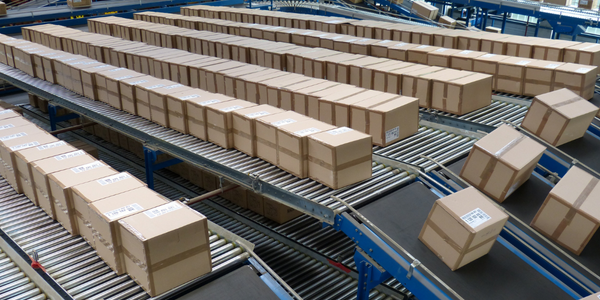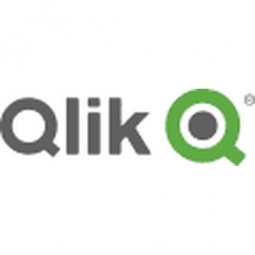Download PDF
Haworth Optimizes Product Delivery with Improved Insights from QlikView
Technology Category
- Analytics & Modeling - Real Time Analytics
Applicable Functions
- Logistics & Transportation
Use Cases
- Supply Chain Visibility
- Predictive Quality Analytics
Services
- Data Science Services
The Challenge
Haworth, a global manufacturer of adaptable workspaces, was facing challenges in maintaining customer satisfaction throughout its supply chain. The company had over 100 gigabytes of data stored in disparate systems, which was continuously growing. This made it difficult for Haworth to quickly mine through the data to identify and resolve delivery issues. The company needed a streamlined approach to quickly identify delivery discrepancies and resolve them. They sought a comprehensive in-memory business intelligence (BI) solution that could provide meaningful business insights.
About The Customer
Haworth is a company that designs and manufactures adaptable workspaces, including raised floors, moveable walls, office furniture, and seating. The company combines science and design principles to create customer-centric solutions that meet individualized needs. Haworth operates in 126 countries and has a growing global presence with more than 80 sales offices and showrooms worldwide. As a world-class manufacturer, Haworth's responsibility to its customers does not end when its products leave the manufacturing plant. To maintain and grow a thriving customer base, Haworth ensures customer satisfaction at every step in the supply chain.
The Solution
Haworth deployed QlikView, a comprehensive in-memory business intelligence (BI) solution, to product delivery managers over the course of eight weeks. This redefined business metrics with real-time data. With QlikView, Haworth’s team was able to create a dashboard designed to detect and minimize delivery discrepancies, which was coined the “Deliver On Time and Correct” dashboard. The dashboard allows Haworth to measure on-time shipments and deliveries to customers. IT can now push out data to the end-users where they can immediately gain insights into delivery operations. Using QlikView, Haworth can also compare order, transportation data and billing systems data to highlight product and delivery discrepancies.
Operational Impact
Quantitative Benefit
Related Case Studies.

Case Study
Remote Temperature Monitoring of Perishable Goods Saves Money
RMONI was facing temperature monitoring challenges in a cold chain business. A cold chain must be established and maintained to ensure goods have been properly refrigerated during every step of the process, making temperature monitoring a critical business function. Manual registration practice can be very costly, labor intensive and prone to mistakes.

Case Study
IoT Data Analytics Case Study - Packaging Films Manufacturer
The company manufactures packaging films on made to order or configure to order basis. Every order has a different set of requirements from the product characteristics perspective and hence requires machine’s settings to be adjusted accordingly. If the film quality does not meet the required standards, the degraded quality impacts customer delivery causes customer dissatisfaction and results in lower margins. The biggest challenge was to identify the real root cause and devise a remedy for that.

Case Study
Retail Uses RFID to Enable Cold Chain Monitoring
Like most grocery retailers, Hy-Vee is faced with the challenge of providing the highest quality products to its shoppers. Shoppers want the longest possible shelf life from perishable products and expect a consistent product experience each time they shop. Controlling the quality of products sold leads to shopper loyalty, which is of paramount importance to the success of Hy-Vee. Before products arrive in stores, Hy-Vee's distribution centers (DCs) handle items including dairy products, fresh meats, seafood, deli items, produce and frozen goods, all of which have different temperature needs and sensitivities. During transit from suppliers to DCs, Hy-Vee has limited visibility and temperature management abilities due to large amount of supplier managed transportation. For instance, during a week-long transit, a supplier's carrier equipment may malfunction, causing an item to thaw and then refreeze once repairs are made. Hy-Vee sought help from TempTRIP, an RFID solution provider that focuses on shipping, storage, receiving, and temperature control. TempTRIP's EPC RFID tags use Impinj chips to monitor and report temperature readings throughout the shipping and receiving process. The tags can also be re-configured and re-used, a unique feature within the current market of temperature monitoring devices.

Case Study
Covisint Improves Mitsubishi's Collaboration With Its Supply Chain
Mitsubishi sought to improve supplier relationships on a global basis and to offer an easy-to-use solution to interact with them. In August 2004, Mitsubishi selected Covisint’s platform to help improve sharing of information and collaborative business processes with its global suppliers. Covisint enabled Mitsubishi to provide its suppliers with immediate access to information and applications to obtain more collaborative working relationships







